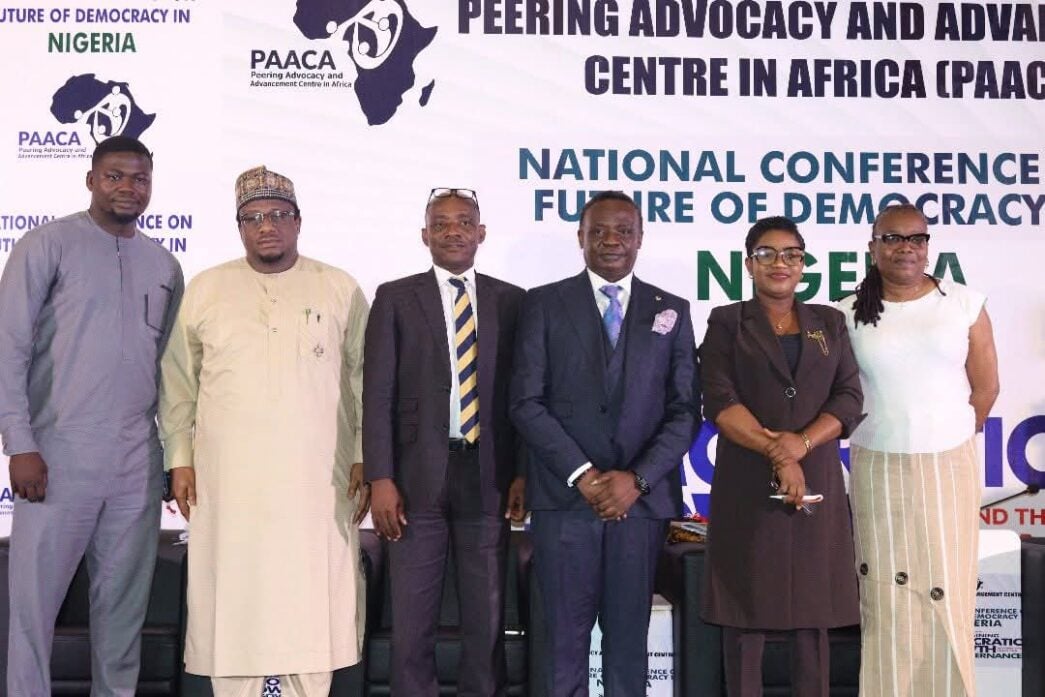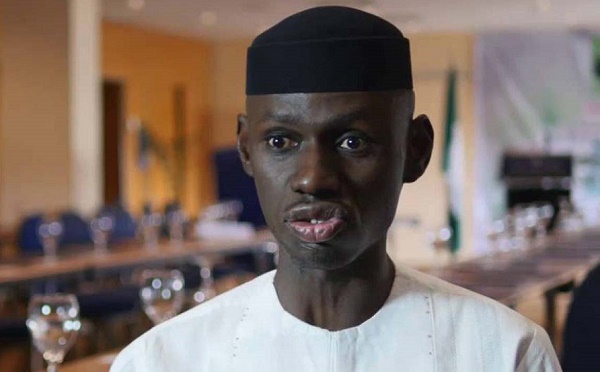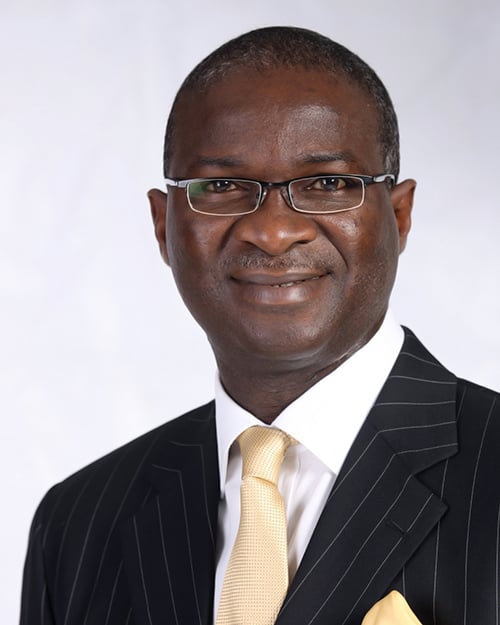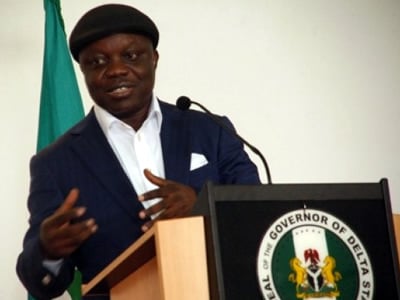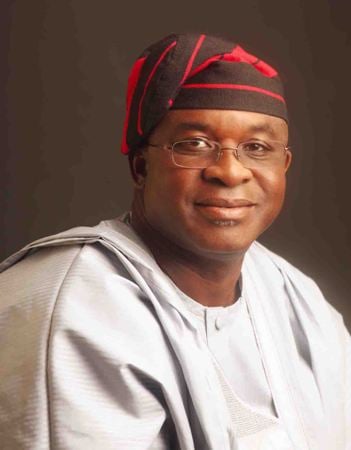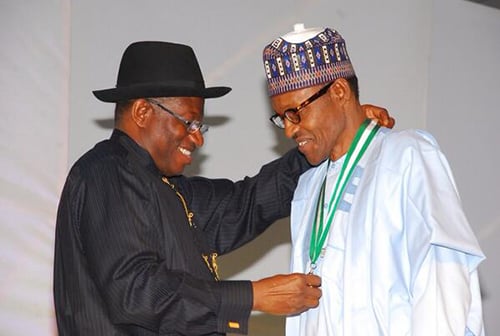Ezenwa Nwagwu, executive director of the Peering Advocacy and Advancement Centre in Africa (PAACA), says Nigeria’s journey towards a democracy that truly delivers for all its citizens remains far from complete.
Nwagwu spoke in Abuja on Thursday at the national conference on the “Future of democracy in Nigeria: Sustaining democratic reforms beyond the polls for effective governance”.
At the event organised by PAACA, stakeholders called for bold reforms to ensure that democracy translates into good governance and accountability.
Nwagwu described the conference as both “timely and significant”, noting that it was a platform for reflection and dialogue on how to make Nigeria’s democratic reforms enduring and citizen-centred.
Advertisement
“As a nation, Nigeria has made important strides in strengthening electoral integrity and broadening citizen participation, yet the journey towards a democracy that truly delivers for all its citizens is far from complete,” he said.
“Our task today is to reflect, challenge ourselves and chart actionable pathways for sustaining reforms that will endure well beyond election cycles.”
Nwagwu said PAACA has remained consistent in amplifying citizen voices and bridging the gap between policy and the people.
Advertisement
He cited the organisation’s contributions to national reform discussions, including advocacy for early voting for election workers, reserved legislative seats for women, and the creation of a unified voter identification system.
Husseini Abdu, country director of CARE International, criticised the perception that periodic elections alone define democracy, noting the failure to connect democracy with accountability and citizens’ participation.
He cited economic hardship, insecurity, and loss of public trust as major challenges facing Nigeria’s democracy since 1999.
“The perception is that once you have periodic elections, then you have democracy. Unfortunately, that is not true,” Abdu said.
Advertisement
“The failure to actually connect democracy, accountability and citizens’ participation is what led us to where we are today, that even in the election itself, it is continually undermined, and that’s the problem we have in this country today, that the practitioners of this democracy don’t believe it.
“Their relationship with democracy is to the extent that it serves their interest. Once the interest is not guaranteed or the institutions cannot guarantee that interest, they will work to undermine, and we have seen that continually with our electoral laws.
“Every election season, we work really, really hard to get a new Electoral Act to support our elections, but that Act works only for one election season; by the next elections, they have perfected ways of undermining it, and in the next moment, you are thinking of another Electoral Act.
“The challenge is not simply our electoral governance process. The challenge is the value of the people who are running the system. You have political parties who cannot conduct their own elections.
Advertisement
“They can’t manage themselves when they want to have a credible election. And that’s what makes conversations like this, very important.”
Advertisement

